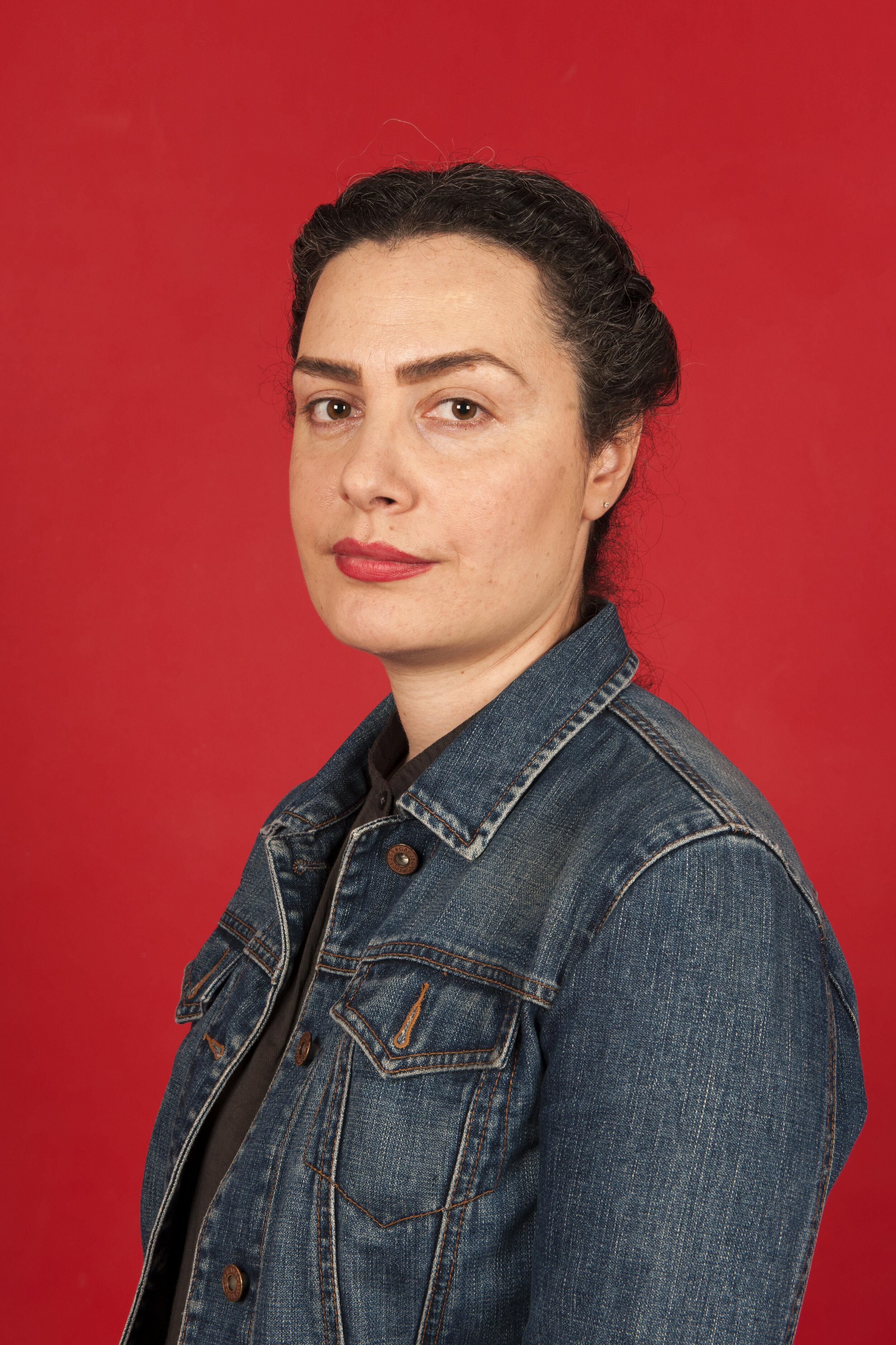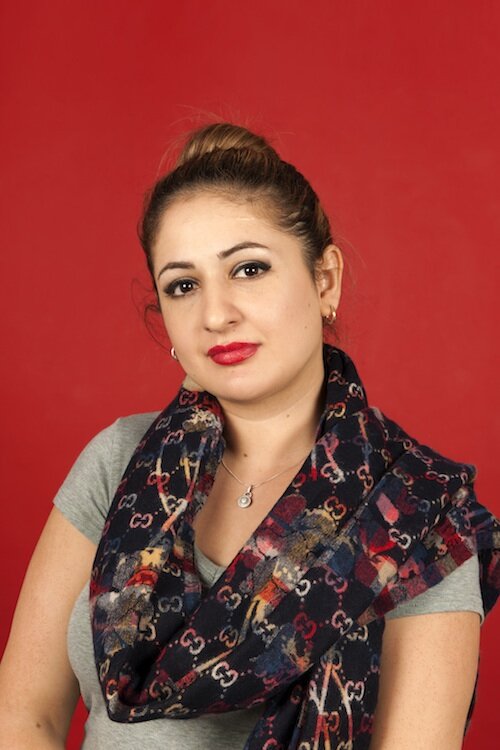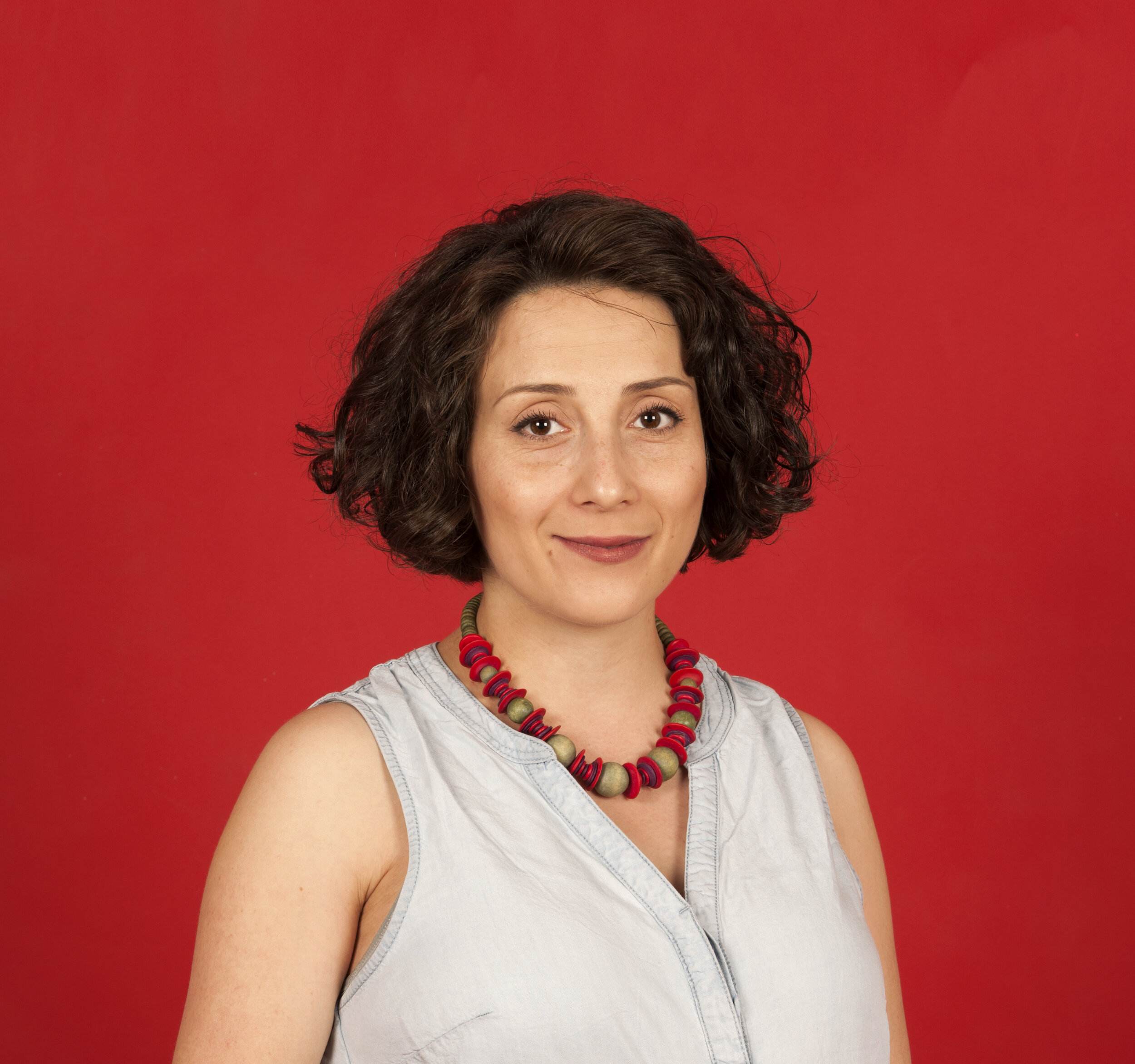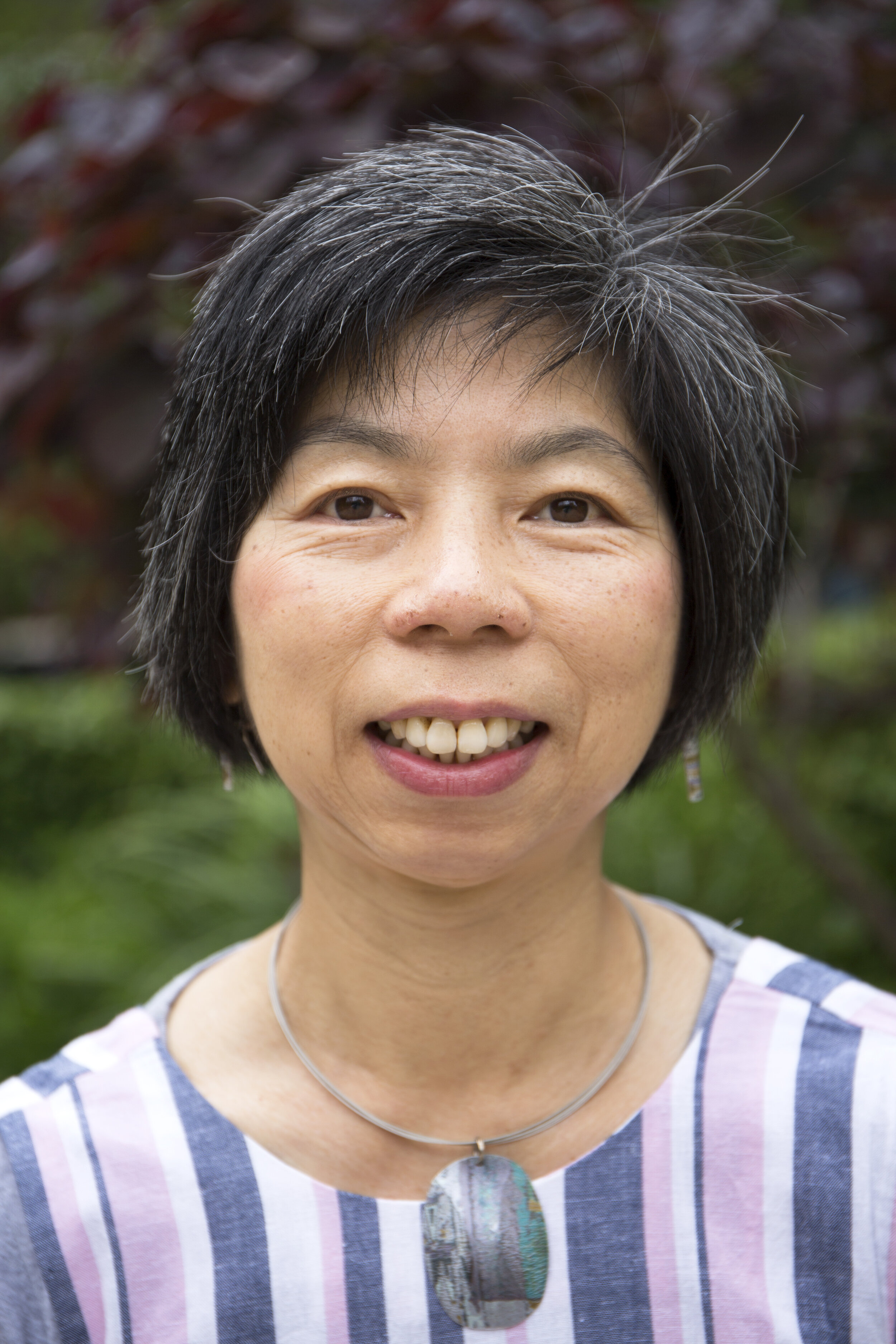The “Exploring Girlhood” Consultancy project (2020), led by Digital Women's Archive North [DWAN], in collaboration with Professor Penny Tinkler and Hazel Burke, the “Girlhood and Later Life project (ESRC)”.
“Girlhood and Later Life” research (led Prof Penny Tinkler, UoM) is the first detailed study of girls growing up in Britain in the 1950s to 1970s. It explores the lives of young women from different backgrounds in Britain 1954-76, and looks at how these experiences have shaped their later lives and identities. This generation of young women has immense historical and current significance. In their teens and early twenties these women were in the vanguard of post- war social change. Now they are part of the largest group of over 60s in British history with unprecedented influence on politics, public services and commerce. They are redefining ageing and making new demands on, and contributions to, society. This pioneering approach to later life is shaped partly by this generation’s experiences of growing up in the 1950s, ’60s and ’70s.
[DWAN] was commissioned by the project to creatively respond to the interviews, data, and lived experiences discovered during the research, and to activate the social science for wider beneficiaries.
Five women artists (born between 1988 - 1962) were recruited as “Creative Consultants”. Each brings to the project diverse and international experiences of girlhood outside the UK: Kani Kamil (Kurdistan-Iraq), Mahboobeh Rajabi (Iran), Rand Aljundi (Syria), Gloria Saya (Congo), Mei Yuk Wong (Hong Kong). The artists and [DWAN] had previously collaborated on The Travelling Heritage Bureau (a project concerning migrant and diaspora heritage and cultural practices).
The Creative Consultant are posed the following questions to respond to:
o How do the life experiences of girlhood in the research stories resonate for you?
o What is the wider social potential of the research stories and themes?
The workshops were structured to enable a safe space for sharing and exchange in response to the Girlhood and Later Life stories. The Creative Consultants could share and respond as they wished. There was no demand for a final “piece” of artwork to emerge, just the participation in continuous creative exchange.
The pilot – conducted during the restrictions imposed by Covid19 – utilised an online learning and co-creation pedagogy.




